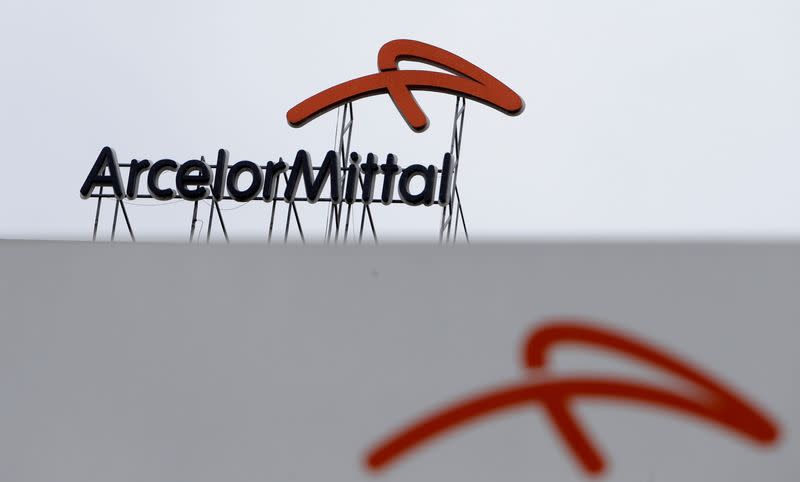ArcelorMittal CEO says decarbonisation would drive steel prices up 10%-20%

GENEVA (Reuters) - Stripping out carbon from steel production would drive up prices by about 10%-20%, the chief executive officer ArcelorMittal said on Thursday, saying this could make green producers' business model inviable.
The global steel industry is one of the most energy-intensive industries worldwide, accounting for approximately 8% of global annual carbon dioxide emissions, and it is under pressure to cut back.
"In our preliminary estimates...the cost to decarbonise steel is not so prohibitive, so the system could take it. I think the cost of steel would go up 10 to 20%," said Aditya Mittal at a World Trade Organization event, adding that this would drive up the cost of an average car by around $100-$200.
"But again, 10 to 20% for the steel industry is a lot because we have low margins. ...If someone comes in and undercuts, and then steel companies which are producing decarbonized steel will not have a viable business mode," he added.
ArcelorMittal, the world's second-largest steelmaker, has committed to being carbon neutral by 2050.
(Reporting by Emma Farge; Editing by Hugh Lawson)

 Yahoo Finance
Yahoo Finance 